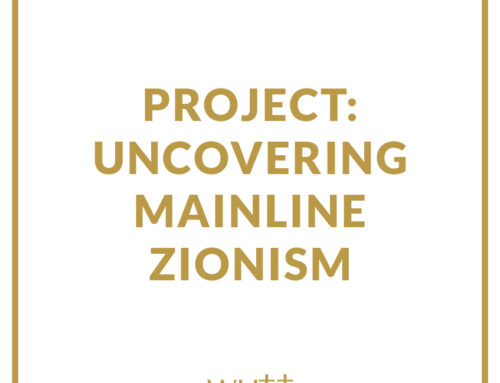HUDSON INSTITUTE
Project for Civil Justice Reform
Revised fax to David Adams, 387-8027
cc: Faith McD, Rich Cizik, Will Dobson, Steve Snyder, Heidi Stirrup, Melissa McClard
David:
Here’s a quick point by point response to the claims made in the letter from Nolan P. Cox to C. E. Carlson. Hopefully, you and others can write to Cox and Carlson — with the letters serving as means of definitively rebutting their campaign. It’s now clear to me that this needs to be done ASAP.
Response to Point l. The legislation does not “monitor religion” in any shape or form. It monitors acts of persecution against believers.
Response to Point 2. The Persecution Monitoring Office will not increase the size and scope of the federal government. In fact, it will reduce it by withdrawing taxpayer-supported foreign aid from countries involved in “widespread and ongoing [acts of] abduction, enslavement, killing, imprisonment, forced mass resettlement, rape, or crucifixion or other forms of torture.” Does anyone believe that U.S. taxpayers should be subsidizing governments involved in persecuting 200 million Christian believers around the world?
Response to Point 3. The central aspect of the legislation is the establishment of a fact finder charged with determining whether or not persecution is taking place and if so where. Thus, rather that concentrating more power in the Executive Branch, the legislation only serves to reduce it by denying the Executive Branch the a power it now has — the right to use taxpayer funds to subsidize persecuters (sic).
Further Response to Point 3. The legislation significantly increases the role of Congress in the foreign aid/foreign policy process — which is why the Clinton Administration so strongly opposes it. Congress now
appropriates foreign aid money and gives the Executive Branch broad latitude and discretion as to how to spend it. The legislation is a Congressional withdrawal of an existing Executive Branch power to give foreign aid to persecuting countries, and is a clear assertion of a stronger Congressional foreign policy role.
Response to Point 4. To describe what the legislation seeks to do to persecuting countries as a “sanction” is a long stretch of that term. As the legislation only involves withdrawal of taxpayer-supported foreign aid, would it be fair to say that countries that don’t get any such aid today are being “sanctioned”? No one has a right to foreign aid, and withdrawing it should therefore hardly be seen as a “sanction” such as declaring war, creating an embargo, imposing tariff barriers, etc. In all events, even if aid should be continued to persecuting countries?
Response to Point 5. The legislation will give no “support or credence” to the United Nations whatsoever. The preamble to the legislation cites a number of grounds for condemning today’s anti-faith persecutions, including a U.N. Declaration re the right to religious liberty. What is critical, of course, is that the legislation establishes no enforcement mechanism whatsoever based on the Declaration. There are U.N. Declarations that oppose murder. Would that make Congressional opposition to murder an act of “support and credence” for the U.N.?
Response to Point 6. There is nothing in the bill — nothing — that gives the Office of Religious Persecution Monitoring any jurisdiction or authority within the United States. I[t] has none and is intended by no one to have any. Clearly, although unnecessary, no sponsor of the bill would object to express language to that effect.
These are hasty thoughts: I now see, however, how much difficulty people like Carlson and Cox can create trouble and how much they need to be directly confronted and rebutted as quickly as possible.
I hope this helps. Please let me know if you can prepare something and/or if you would like me to do anything further.
MIKE HOROWITZ (Signature only)


